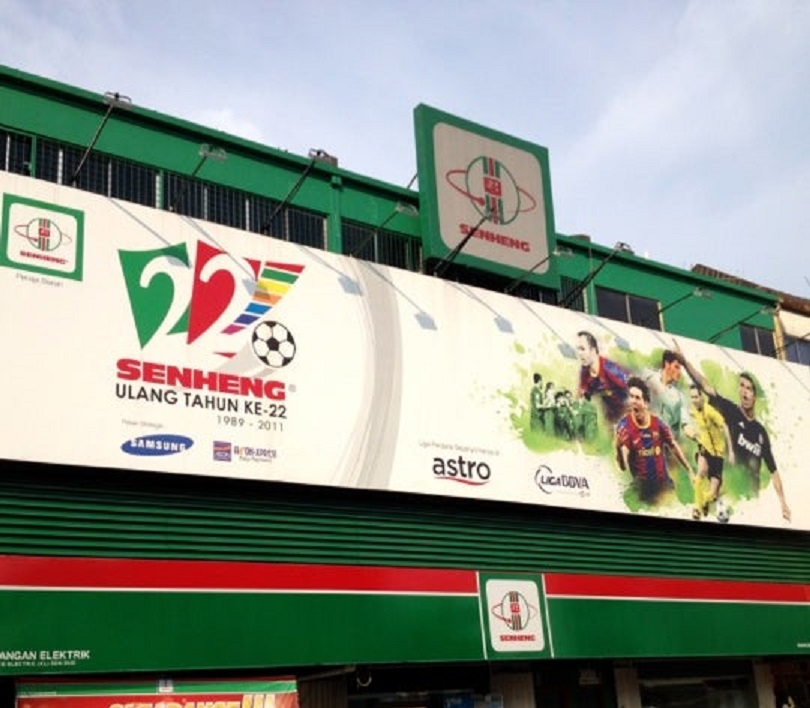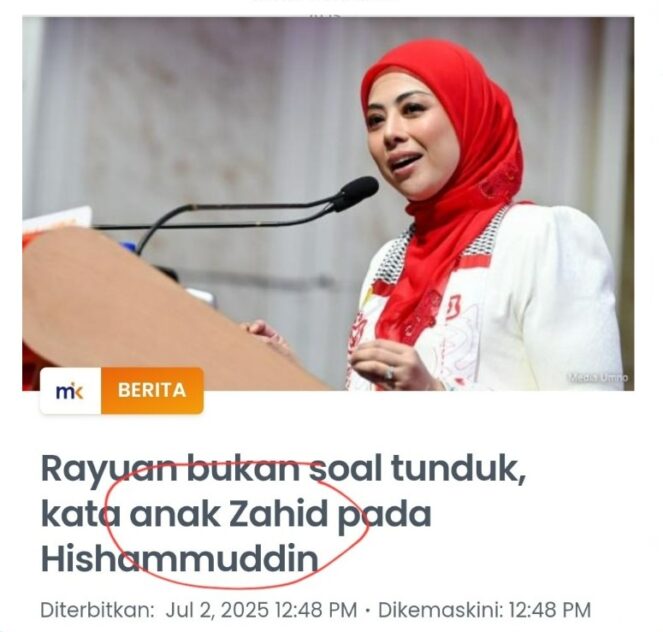IT is no secret that Senheng New Retail Bhd has evoked the fury of many initial public offering (IPO) investors following its dismal Jan 25 debut on the Main Market of Bursa Malaysia.
Recall that the company which aspired to be a new age consumer electrical and electronics (E&E) retailer languished with a 20.1% or 21.5 sen dip on its maiden trading day to 85.5 sen from its IPO price of RM1.07.
At the close of trading on the Chinese New Year eve (Jan 31), Senheng was down 3 sen or 3.64% to 79.5 sen with 15.86 million shares traded which valued the company at RM994 mil.
That its share price has continued to head south has prompted market observers/investors to evaluate where Senheng erred in its listing exercise.
Philip who wrote an open letter addressed to the “Lim brothers” (executive chairman Lim Kim Heng and president/executive director Lim Kim Chieng) on the i3 Investor platform recently named “comparative valuation” as the core problem.
“There are almost a thousand stocks to choose from in Bursa Malaysia. Some are making less, some are making more. Some are asking a fair price for the stock considering the growth, others are asking absurd prices,” he contended.
“I have to admit after finding out the IPO pricing, I did not buy. Senheng was asking for (a valuation of) RM1.6 bil, an impossible price considering how long I would need to take to recover my investment.”
While Philip is excited at how Senheng rises to the top – from its first shop in Pandan Jaya to selling 30,000 products and taking six years to grow into its first “Pikachu moment” – he attributed the tanking of Senheng’s share price to the company being measured on the international stage with major problems to solve before its share price can go up higher.
Market timing might be something out of Senheng’s control but market valuation-wise, Senheng is selling at too high a price compared to other businesses of a similar nature. This is the fault of bankers and greed of the IPO team but since the company has benefited from it, it is time to step up a gear, according to Philip.
“At 63% indirect ownership, your paper net worth has increased to RM600 million, far more than the amount of money you have put into the business,” he contended. “People are realising the reality of business in malls and how tough a 4% margin business is, and many have sold to take profit off the table.”
Based on Senheng’s prospectus, the company’s IPO price seemed to have been severely overpriced to benefit the owners, according to another market observer/investor who identified himself as trader808.
“Based on Senheng’s earnings result, the EPS (earnings per share) is 3.71 sen. Hence, the IPO price of RM1.07 is selling at PE (price-to-earnings ratio) of 28.8 times,” observed trader808. “Therefore, it is not surprising to see Senheng’s share price collapsed on its first trading day.”
In trader808’s view, Senheng’s IPO price and its pricing strategy gave the impression that “the boss has taken all the money and leave nothing on the table for the investors”.
“They sold by offer 139.5 million shares at RM1.07 and pocketed RM149 mil cash. (The impression is that) they already cashed out and have no interest to support the share price,” lamented trader808.
According to trader808, the biggest victims are the managers and senior executives down to the supervisors to whom were given pink form and had subscribed fully to the IPO.
“These are the employees who had over the years demonstrated loyalty, honesty and responsibility to the company,” he pointed out. “They contributed diamond to the company and were rewarded with a box of sand plus a snake on the first day of trading.”
The only way to mitigate the horrendously unpleasant experience encountered by the innocent employees is for the Senheng’s management to buy back all the employees’ shares, thus absorbing the losses through the family IPO proceed, suggested trader808. – Feb 3, 2022









